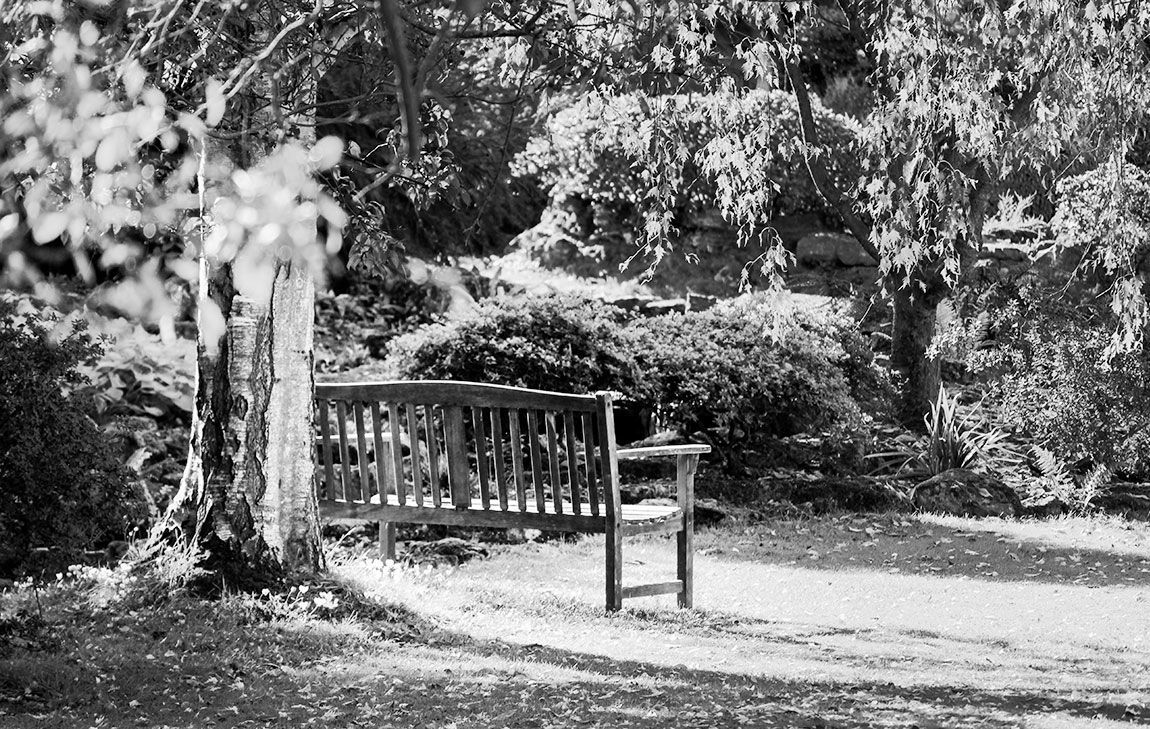After Cremation: Finding Peace in Letting Go
The journey of grief can at times seem never-ending. Although we mourn our loved ones in different ways, and grief ebbs and flows on its own timeline, there are some ways you can ease your pain while still being able to celebrate and honor a life and find a sense of closure after a funeral or memorial service following cremation.
After cremation, ashes are oftentimes held onto, stored away, or passed to family members instead of placing them in a permanent resting place. While this can seem comforting in the short-term, this may be creating an obstacle to healing. For many, holding onto a loved one’s cremated remains can create problems over time, both emotionally and logistically. Most families we have served have found great peace in permanently laying their loved one’s ashes to rest.
The Downsides of Holding On
As cremation continues to rise in popularity in the United States, more and more families are faced with wondering what to do with their loved one's ashes. Some choose to keep the remains at home because it helps them feel closer to the person they lost. Or they may store them away in a closet or storage unit with the earnest intentions of relocating them to a final resting place one day.
However, keeping cremains for a prolonged amount of time can also prolong grief. Putting off the emotionally difficult event of interment can turn into a constant reminder of their passing, rather than remind you of their life and your cherished memories together.
Keeping a loved one's cremation urn or box of ashes can prove logistically challenging as well. What happens to your loved one's remains when you die? Will your children want them? What about your grandchildren? And if there is no one to bequeath them to? Do you want your loved one to sit on a mantle or at the back of a closet for decades?

What To Do With Ashes
Today, families have multiple options to lay the ashes of a loved one to rest that can aid in healing grief. For those who value tradition, cremated remains can be buried in a cemetery in a regular grave, or placed in a niche, a small space in a special wall designed to hold an urn as well as personal keepsakes. This creates a meaningful memorial that you and your family can visit and pay their respects for generations.
Other options include scattering the ashes in a designated memorial garden or an ossuary, places your funeral director can help you locate and plan for. Other unique options include scattering in a place that held meaning for your loved one, keeping only a small part of the ashes in cremation jewelry or painted into a piece of art, burial at sea, mixing the ashes into the soil and planting a tree seedling, among many others.
Letting Go Does Not Mean Forgetting
Letting go of a loved one's ashes does not mean you let go of your connection with them. The ritual of letting go brings closure to the loss of their physical body, not your emotional connection to them. While releasing their remains can be emotionally difficult, it can also release a weight off your shoulders you didn't know you were carrying.
Regardless of what you decide to do with a loved one's cremated remains, we encourage families to memorialize their loved one in a permanent way. A designated location in their name to always come back to is deeply healing.
Knowing your loved one's ashes are safely kept and cared for in a familiar and beloved area can bring comfort and peace of mind. There are several ways to add a personal touch to memorials, such as an engraved headstone or plaque, memorial stones, a garden or park bench, or an engraving upon a niche. These small but meaningful touches can help provide closure and a sense of completeness.
Cremation and Religion
It's important to note that there are specific faith communities that may object to the practice of cremation, or the keeping or letting go of ashes. Some religions such as Islam and some Jewish sects forbid or discourage cremation, while other denominations such as Mormonism, Presbyterianism, and Catholicism allow cremation but do not allow the keeping of ashes (although burial with the body intact is preferred). Catholicism has also banned the scattering of ashes, preferring them to be kept in a sacred place, such as a Church cemetery.
If you follow a certain faith, it's best to consult with a clergy member before making any decisions involving cremation. No matter how ashes are laid to rest, families will still have to deal with grief, and deserve to work through the process of letting go. A funeral director can help guide you through loss and the decisions that come with laying a loved one to rest.
Horan & McConaty Is Here to Help
If you’re holding onto your loved one’s ashes or are thinking about what to do with your own cremated remains after you pass, the staff at Horan & McConaty can help. Our funeral directors in locations throughout the Denver area can provide the support you need to find healing and peace through loss and memorial planning. Reach out to us at (303) 745-4418, and we’ll be here for you.



